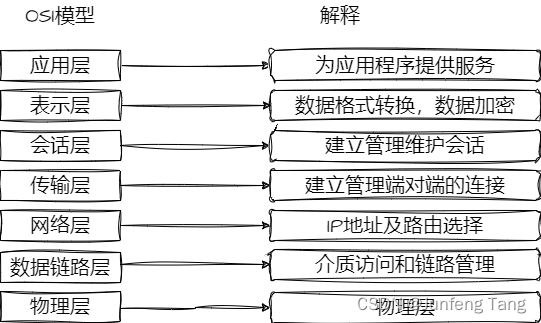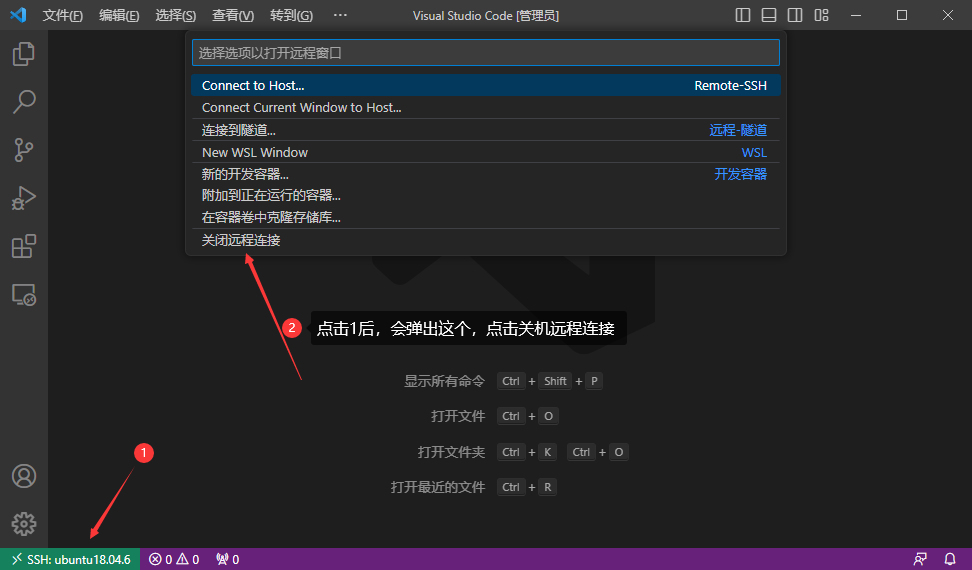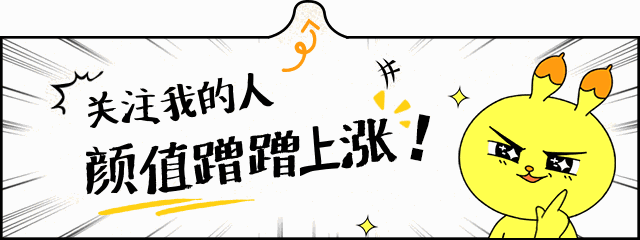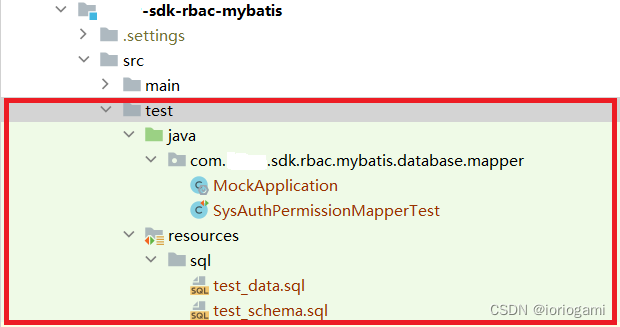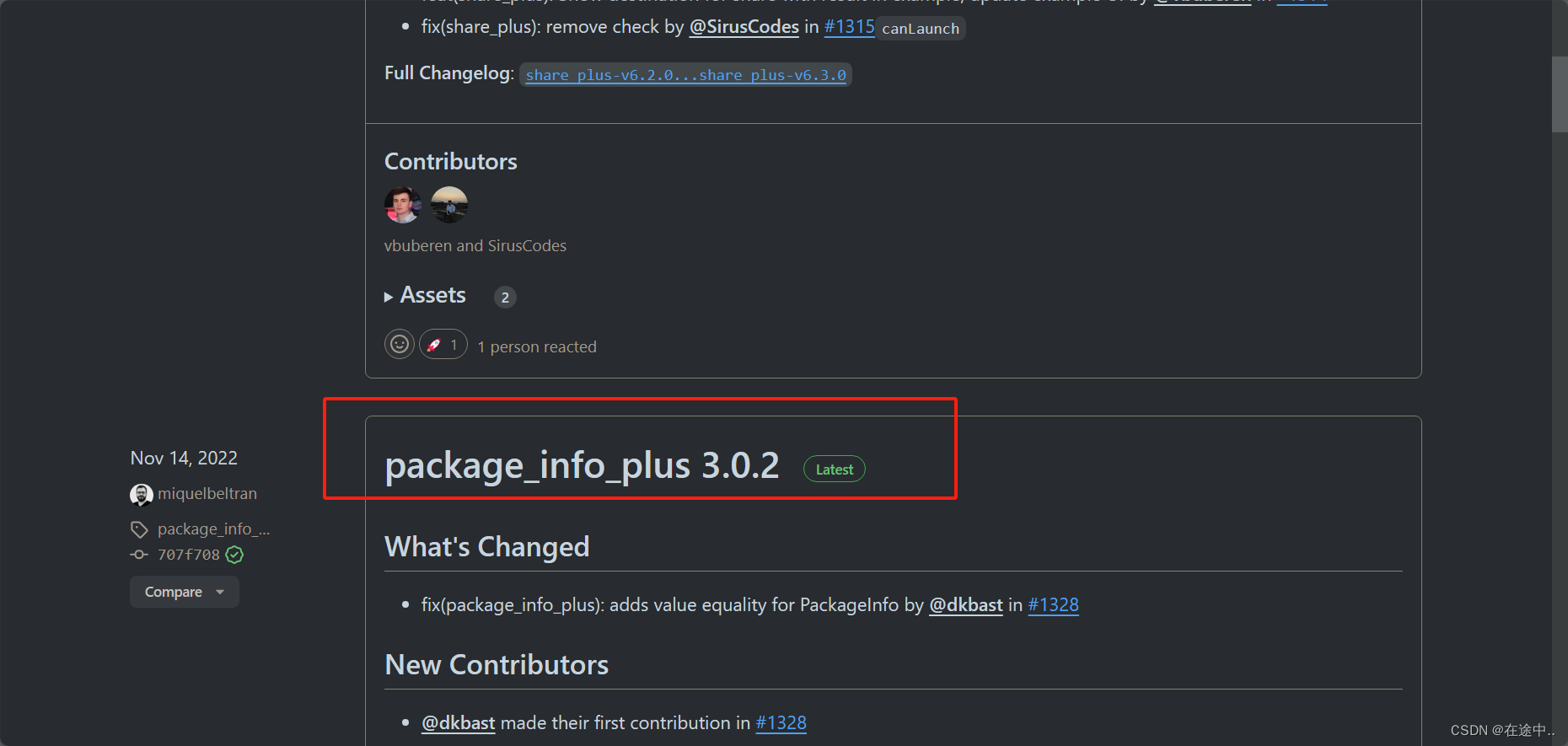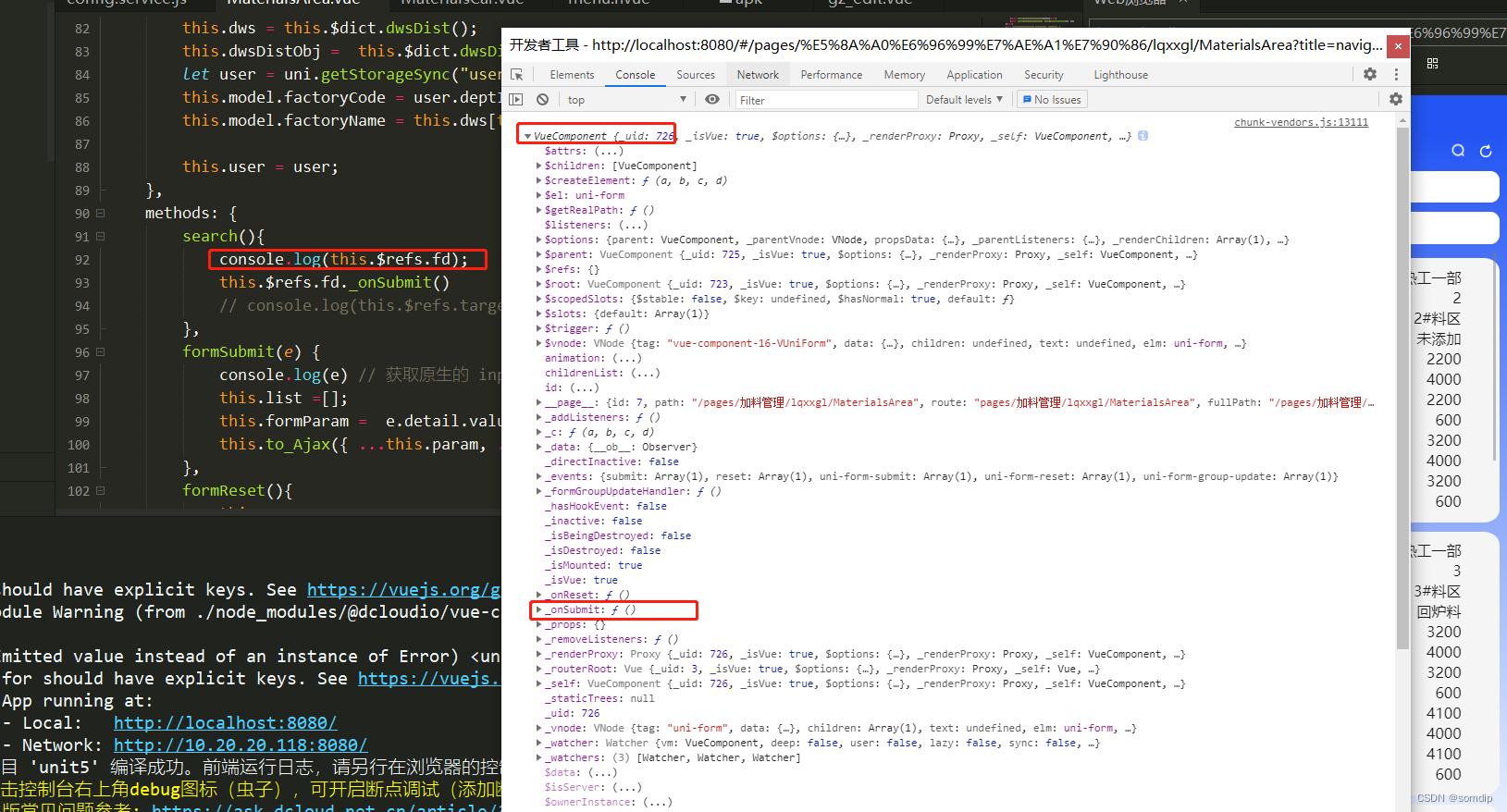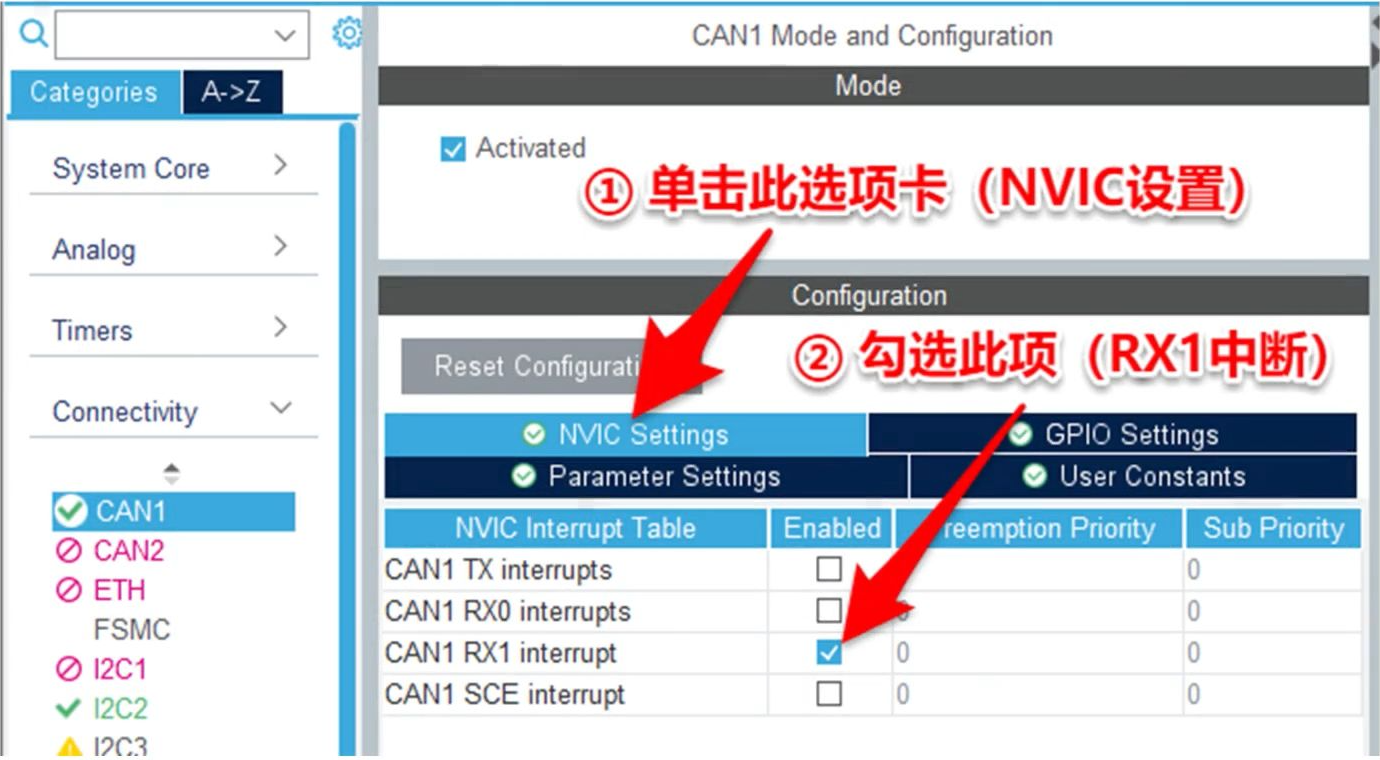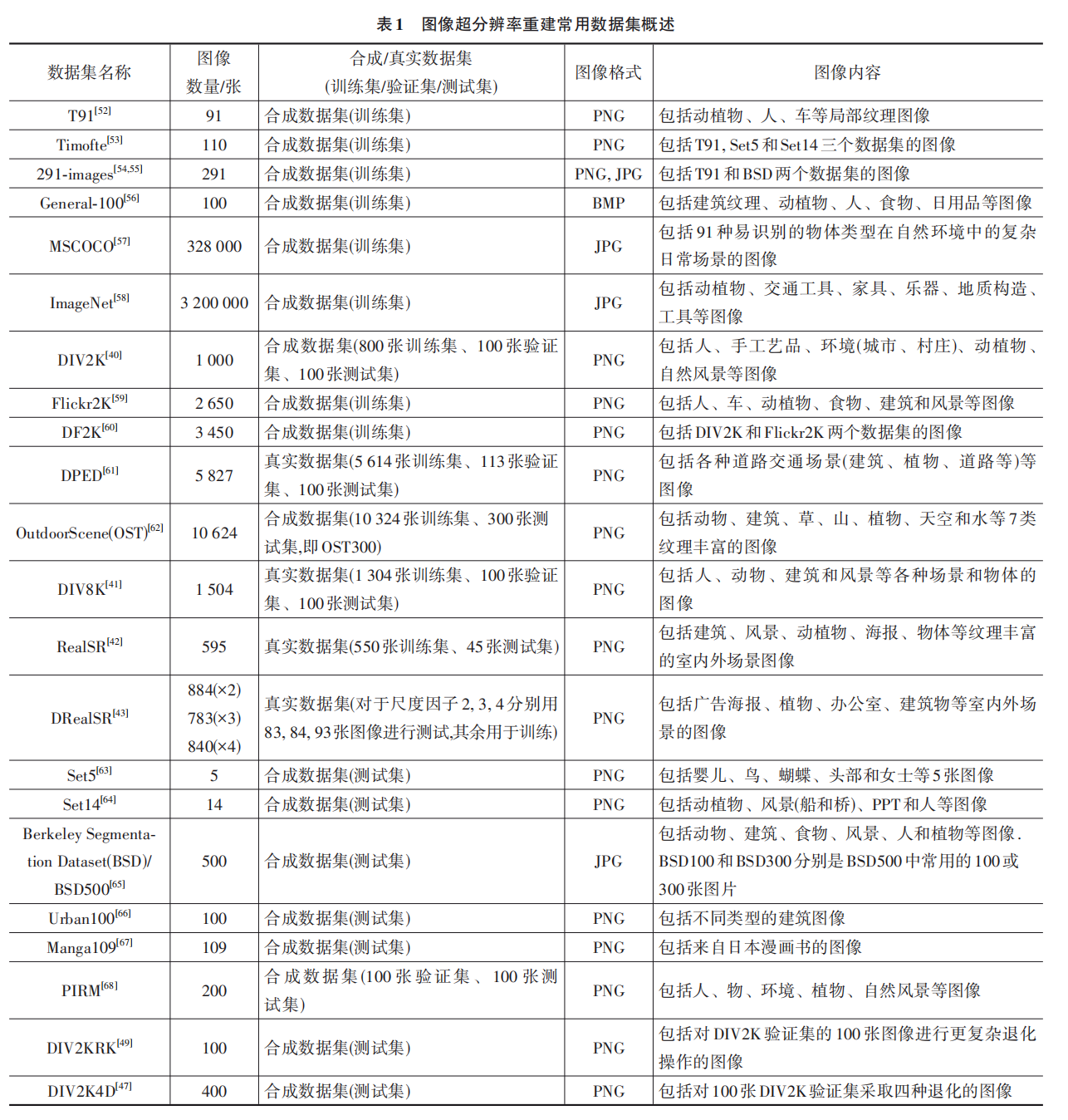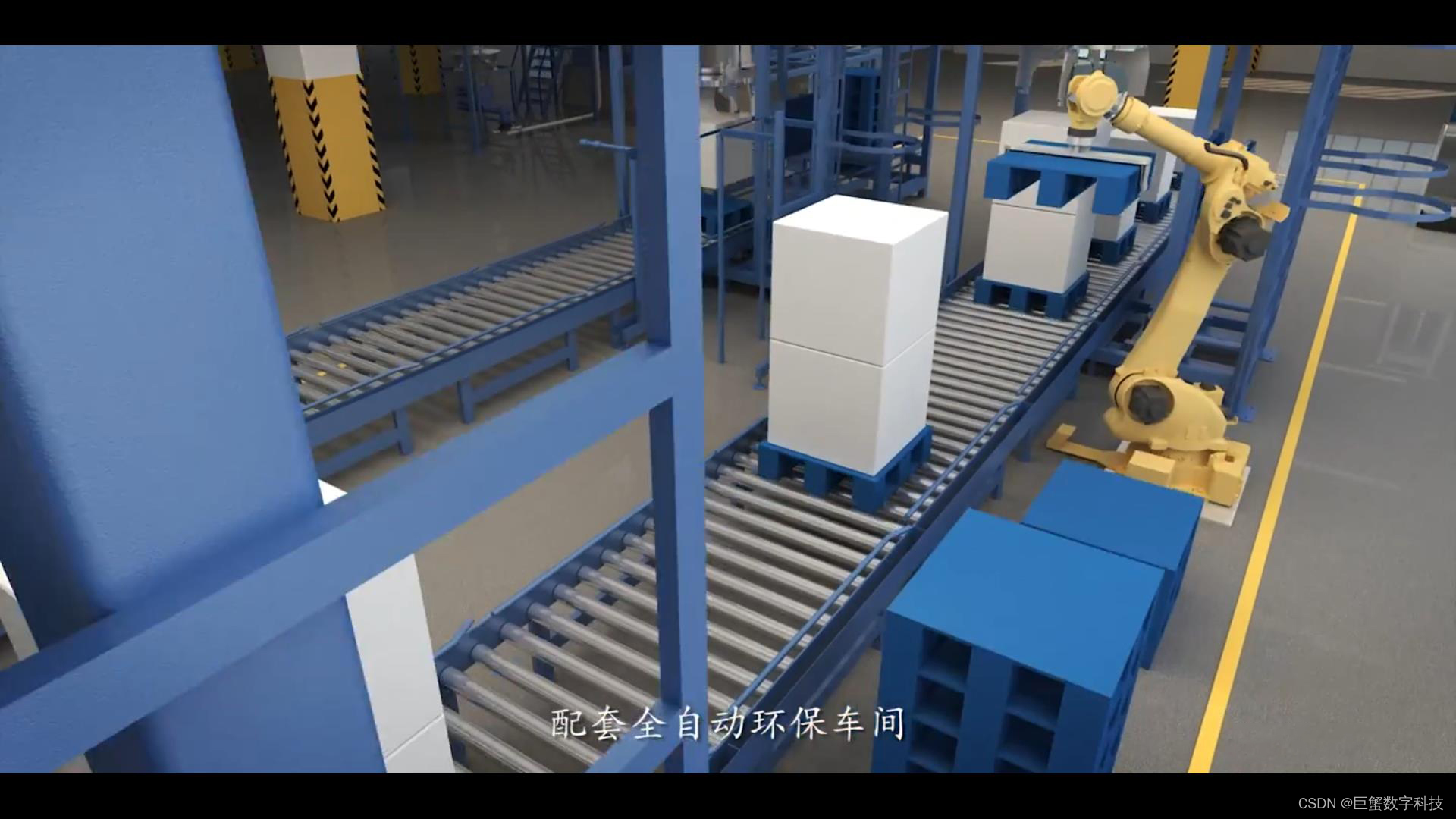
- 🎈个人主页:库库的里昂
- 🎐C/C++领域新星创作者
- 🎉欢迎 👍点赞✍评论⭐收藏
- ✨收录专栏:LeetCode 刷题日志
- 🤝希望作者的文章能对你有所帮助,有不足的地方请在评论区留言指正,大家一起学习交流!🤗
目录
1.题目描述
2.解题思路+代码实现
方法:双栈
思路及算法:
代码实现:
1.题目描述
OJ链接 【leetcode 题号:232.用栈实现队列】【难度:简单】
请你仅使用两个栈实现先入先出队列。队列应当支持一般队列支持的所有操作(push、pop、peek、empty):
实现 MyQueue 类:
void push(int x)将元素 x 推到队列的末尾int pop()从队列的开头移除并返回元素int peek()返回队列开头的元素boolean empty()如果队列为空,返回true;否则,返回false
说明:
- 你 只能 使用标准的栈操作 —— 也就是只有
push to top,peek/pop from top,size, 和is empty操作是合法的。 - 你所使用的语言也许不支持栈。你可以使用 list 或者 deque(双端队列)来模拟一个栈,只要是标准的栈操作即可。
示例 1:
输入: ["MyQueue", "push", "push", "peek", "pop", "empty"] [[], [1], [2], [], [], []] 输出: [null, null, null, 1, 1, false]解释: MyQueue myQueue = new MyQueue(); myQueue.push(1); // queue is: [1] myQueue.push(2); // queue is: [1, 2] (leftmost is front of the queue) myQueue.peek(); // return 1 myQueue.pop(); // return 1, queue is [2] myQueue.empty(); // return false
提示:
1 <= x <= 9- 最多调用
100次push、pop、peek和empty - 假设所有操作都是有效的 (例如,一个空的队列不会调用
pop或者peek操作)
进阶:
- 你能否实现每个操作均摊时间复杂度为
O(1)的队列?换句话说,执行n个操作的总时间复杂度为O(n),即使其中一个操作可能花费较长时间。
2.解题思路+代码实现
方法:双栈
思路及算法:
将一个栈当作输入栈,用于压入push传入的数据;另一个栈当作输出栈,用于 pop和peek操作。
每次pop或peek时,若输出栈为空则将输入栈的全部数据依次弹出并压入输出栈,这样输出栈从栈顶往栈底的顺序就是队列从队首往队尾的顺序。
代码实现:
typedef int STDataType;
typedef struct Stack
{STDataType* a;int top;int capacity;
}ST;void STInit(ST* pst)
{assert(pst);pst->a = NULL;pst->top = 0;pst->capacity = 0;
}void STDestroy(ST* pst)
{assert(pst);free(pst->a);pst->a = NULL;pst->top = 0;pst->capacity = 0;
}void STPush(ST* pst, STDataType x)
{if (pst->top == pst->capacity) {int newCapacity = pst->capacity == 0 ? 4 : pst->capacity * 2;STDataType* tmp = (STDataType*)realloc(pst->a, newCapacity * sizeof(STDataType));if (tmp == NULL) {perror("realloc fail");return;}pst->a = tmp;pst->capacity = newCapacity;}pst->a[pst->top] = x;pst->top++;
}bool STEmpty(ST* pst)
{assert(pst);return pst->top == 0;
}void STPop(ST* pst)
{assert(pst);assert(!STEmpty(pst));pst->top--;
}STDataType STTop(ST* pst)
{assert(pst);assert(!STEmpty(pst));return pst->a[pst->top - 1];
}int STSize(ST* pst)
{assert(pst);return pst->top;
}//------以下为OJ提供-------typedef struct {ST pushst;ST popst;
} MyQueue;MyQueue* myQueueCreate() {MyQueue* obj = (MyQueue*)malloc(sizeof(MyQueue));if (obj == NULL) {perror("malloc fail");return 0;}STInit(&obj->pushst);STInit(&obj->popst);return obj;
}void myQueuePush(MyQueue* obj, int x) {STPush(&obj->pushst, x);
}int myQueuePop(MyQueue* obj) {int front = myQueuePeek(obj);STPop(&obj->popst);return front;
}int myQueuePeek(MyQueue* obj) {if (STEmpty(&obj->popst)) {while (!STEmpty(&obj->pushst)) {STPush(&obj->popst, STTop(&obj->pushst));STPop(&obj->pushst);}}return STTop(&obj->popst);
}bool myQueueEmpty(MyQueue* obj) {return STEmpty(&obj->pushst) && STEmpty(&obj->popst);
}void myQueueFree(MyQueue* obj) {STDestroy(&obj->pushst);STDestroy(&obj->popst);free(obj);
}/*** Your MyQueue struct will be instantiated and called as such:* MyQueue* obj = myQueueCreate();* myQueuePush(obj, x);* int param_2 = myQueuePop(obj);* int param_3 = myQueuePeek(obj);* bool param_4 = myQueueEmpty(obj);* myQueueFree(obj);
*/复杂度分析
- 时间复杂度:push和empty为O(1),pop和peek为均摊O(1)。对于每个元素,至多入栈和出栈各两次,故均摊复杂度为O(1)。
- 空间复杂度:O(n)。其中n是操作总数。对于有n次push操作的情况,队列中会有n个元素,故空间复杂度为O(n)。


